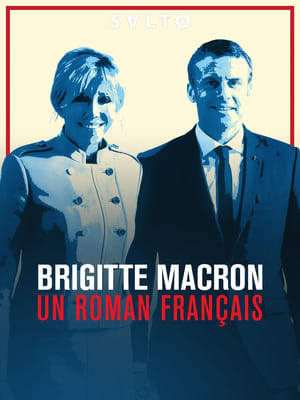
The Thing That Happened(2011)
'The Thing That Happened' is a twenty-two-minute documentary short that profiles the Hope North Secondary and Vocational school on northern Uganda. Hope North struggles on a shoe-string budget to provide a home and an education for children displaced by the civil war between the Lord's Resistance Army (L.R.A.) and the Uganda People's Defense Forces (U.D.P.F.) The students are a mix of former child soldiers, orphans and the abjectly poor. Mitigating the horrific effects of the war and focusing them on their future is a monumental task
Movie: The Thing That Happened

The Thing That Happened
HomePage
Overview
'The Thing That Happened' is a twenty-two-minute documentary short that profiles the Hope North Secondary and Vocational school on northern Uganda. Hope North struggles on a shoe-string budget to provide a home and an education for children displaced by the civil war between the Lord's Resistance Army (L.R.A.) and the Uganda People's Defense Forces (U.D.P.F.) The students are a mix of former child soldiers, orphans and the abjectly poor. Mitigating the horrific effects of the war and focusing them on their future is a monumental task
Release Date
2011-09-23
Average
0
Rating:
0.0 startsTagline
Genres
Languages:
EnglishKeywords
Similar Movies
 7.3
7.3To Be and to Have(fr)
The documentary's title translates as "to be and to have", the two auxiliary verbs in the French language. It is about a primary school in the commune of Saint-Étienne-sur-Usson, Puy-de-Dôme, France, the population of which is just over 200. The school has one small class of mixed ages (from four to twelve years), with a dedicated teacher, Georges Lopez, who shows patience and respect for the children as we follow their story through a single school year.
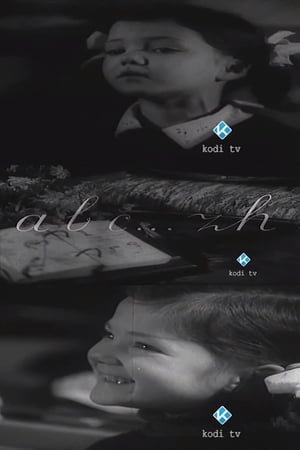 6.8
6.8A, B, C... Z(sq)
Children get ready to start the first grade. They start learning the first letters.
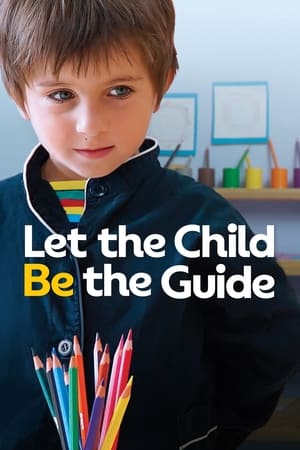 6.8
6.8Let the Child Be the Guide(fr)
As a young father, watching his daughter go through her life experiences, film director Alexandre Mourot discovered the Montessori approach and decided to set his camera up in a children's house (3 to 6 years of age) in the oldest Montessori school in France. Alexandre was warmly welcomed in a surprisingly calm and peaceful environment, filled with flowers, fruits and Montessori materials. He met happy children, who were free to move about, working alone or in small groups. The teacher remained very discreet. Some children were reading, others were making bread, doing division, laughing or sleeping. The children guided the film director throughout the whole school year, helping him to understand the magic of their autonomy and self-esteem - the seeds of a new society of peace and freedom, which Maria Montessori dedicated her life work to.
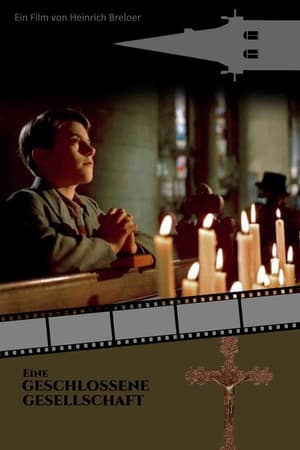 0.0
0.0Eine geschlossene Gesellschaft(de)
Follows the lives of students and their teachers based on the director's childhood memories. The events of the film take places in the actual boarding school called "Gymnasium Canisianum", founded in 1946 by a German catholic priest.
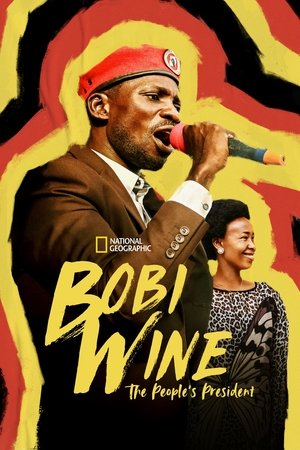 6.5
6.5Bobi Wine: The People's President(en)
Uganda has one the youngest populations in the world and one of its most flagrantly anti-democratic governments. These are ingredients for revolution, and Bobi Wine and his wife Barbie Kyagulanyi are stirring the pot. When the charismatic Bobi, a musician and member of parliament, announces his campaign for president, Uganda’s youth are ecstatic, filling parks and streets for every speech, and singing Bobi’s anthems of peace and freedom. But then comes the crackdown, orchestrated by Yoweri Museveni, a brutal dictator who has ruled Uganda for 36 years. Bobi and his crew survive arrests, beatings, torture, riots and raids.
 6.4
6.4The ABCs of Book Banning(en)
In recent years, more than 2,500 books have been removed from school districts around the US, labeled as banned, restricted, or challenged, and made unavailable to millions of students. By no accident, the themes targeted are the usual scapegoats of the American Right—LGBTQ+ issues, Black History, and women’s empowerment—impeding the power of future generations to develop their own thoughts and opinions on critical social issues. By weaving together a lyrical montage of young readers and authors, THE ABCs OF BOOK BANNING reveals the voices of the impacted parties, and inspires hope for the future through the profound insights of inquisitive youthful minds.
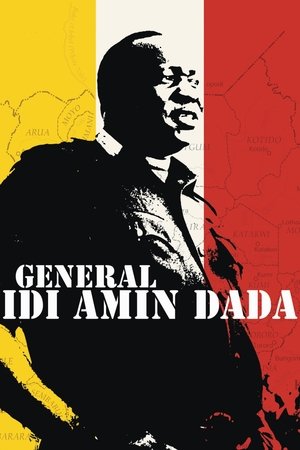 7.0
7.0General Idi Amin Dada(fr)
Filmmaker Barbet Schroeder shows the Ugandan dictator meeting his Cabinet, reviewing his troops, explaining his ideology.
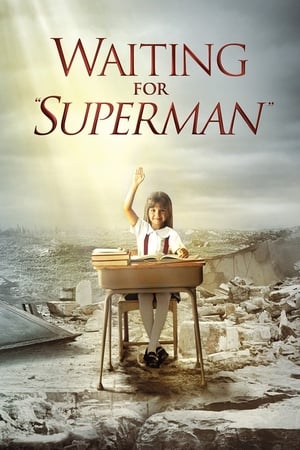 6.9
6.9Waiting for "Superman"(en)
Gripping, heartbreaking, and ultimately hopeful, Waiting for Superman is an impassioned indictment of the American school system from An Inconvenient Truth director Davis Guggenheim.
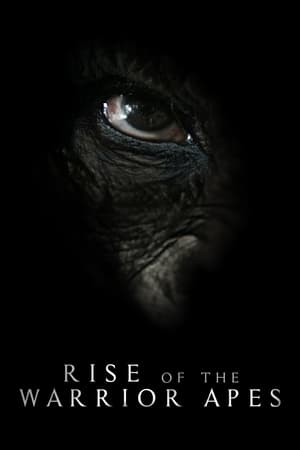 7.7
7.7Rise of the Warrior Apes(en)
Filmed over 23 years, Rise of the Warrior Apes tells the epic story of an extraordinary troop of chimpanzees in Ngogo, Uganda – featuring four mighty warriors who rule through moral ambiguity, questionable politics, strategic alliances and destroyed trust.
 0.0
0.0Bitter Sweet Ballad(zh)
This is a story about youth with music. It all happens at the Dandelion School, Beijing’s first middle school specifically established for the children of migrant workers. Every year when new pupils arrive, Ms. Yuan Xiaoyan, who has worked in the school choir for eight years, would choose a group of music-loving first-years with solid musical foundations to join the choir. A new group of children join the choir while those who have advanced to the second year have to discuss with their families their future choices. For choir members, their music career in middle school will eventually stop due to the pressure of high school entrance examinations and the inevitable parting. But along this journey accompanied by music, they have been savoring the joys and sorrows of their youth, burying them deep in their hearts, and transforming them into growth-promoting nutrients.
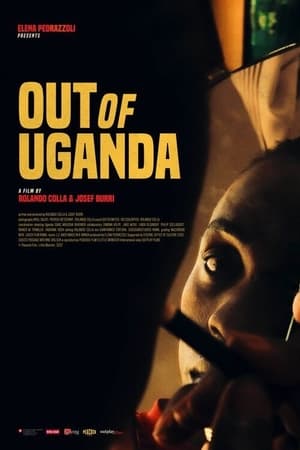 10.0
10.0Out of Uganda(fr)
Philip, Lynn, Hussein and Shammy, young LGBT Ugandans, are fighting for survival. Staying in their country, where religious oppressions and discriminations prevail, endangers their lives. Then, their latest hope is to leave it all behind and experience a long and painful exile.
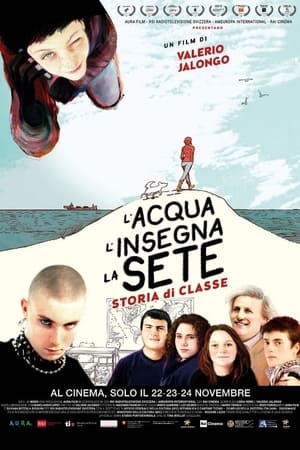 10.0
10.0A Class Story(it)
In Rome, Gianclaudio Lopez, a retired teacher, sets off in search of his former students who are now approaching their thirties. A Class Story mixes sequences of the video diary that the teenagers had filmed at the time and sequences shot now in which the protagonists, adults, remember this period and speak of their dreams, illusions and regrets.
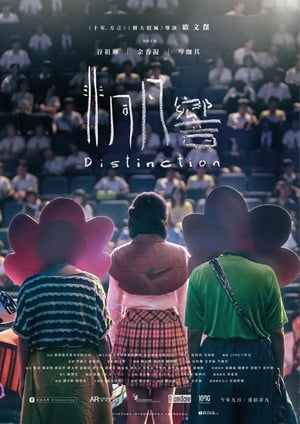 5.2
5.2Distinction(cn)
Two high school students from very different backgrounds participate in a musical with mentally disabled children, which eventually leads to the realisation of their dreams and aspirations.
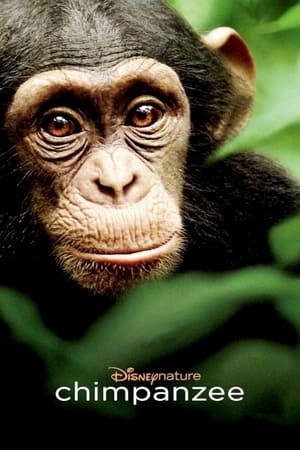 7.0
7.0Chimpanzee(en)
A nature documentary centered on a family of chimps living in the Ivory Coast and Ugandan rain forests. Through Oscar, a little chimpanzee, we discover learning about life in the heart of the African tropical forest and follow his first steps in this world with humor, emotion and anguish. Following a tragedy, he finds himself separated from his mother and left alone to face the hostility of the jungle. Until he is picked up by an older chimpanzee, who will take him under her protection.
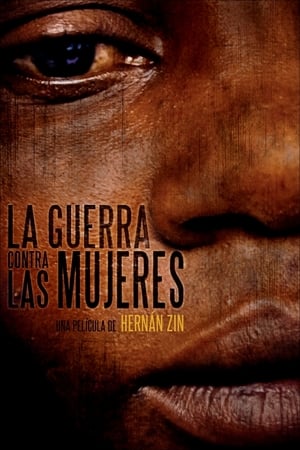 6.4
6.4The War Against Women(es)
Sexual violence against women is a very effective weapon in modern warfare: instills fear and spreads the seed of the victorious side, an outrageous method that is useful to exterminate the defeated side by other means. This use of women, both their bodies and their minds, as a battleground, was crucial for international criminal tribunals to begin to judge rape as a crime against humanity.
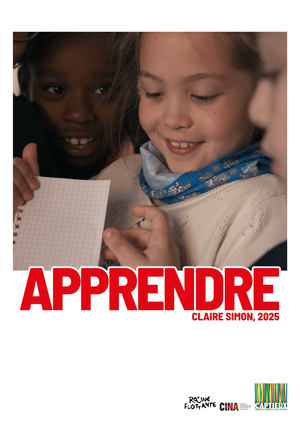 6.8
6.8Elementary(fr)
In the Makarenko public elementary school in the Paris outskirts, children want to learn and to be cheered while teachers know they do not only teach, they also educate. With care, tenacity and efforts, children are trained to become not only responsible citizens but also human beings.
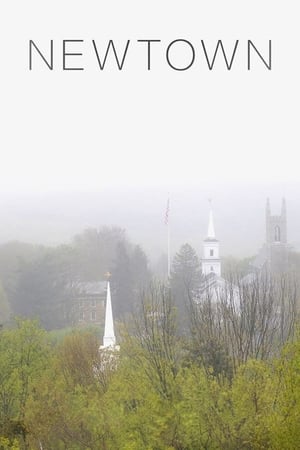 6.7
6.7Newtown(en)
A look at how the community of Newtown, Connecticut came together in the aftermath of the largest mass shooting of schoolchildren in American history.
The John Akii Bua Story: An African Tragedy(en)
At the Munich Olympics of 1972, John Akii Bua, from the impoverished African country of Uganda, powered round the inside lane in the 400m hurdles, past the English favourite, and reigning Olympic Champion David Hemery, to win the gold medal, 10m clear of the field. John Akii Bua had become the first African to win gold in an event under 800 metres. He was also the first man to break the 48 seconds barrier in the 400 metre hurdles, an event so gruelling its nickname is 'The Mankiller'. This is the story about that amazing triumph - and what happened next. David Hemery retired to respectable fame and fortune, later becoming president of the UK's athletics federation. John Akii Bua returned to a Uganda carving the name of its military "President", Idi Amin, into genocidal notoriety. This is a film about the pinnacle of athletic achievement - and the search to discover what followed.
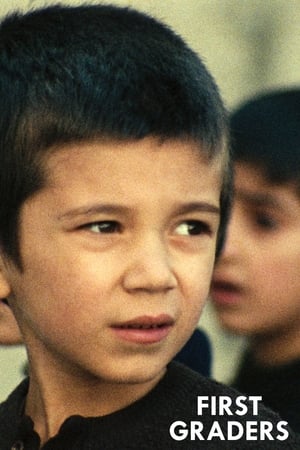 6.7
6.7First Graders(fa)
A documentary film about a boys school in Iran. The film shows numerous, funny and moving interviews of many different young pupils of this school summoned by their superintendent for questions of discipline. The man is not severe, but clever and fair. He teaches loyalty, fellowship and righteousness to these boys. Besides these interviews, we see scenes of this school’s quotidian life.
